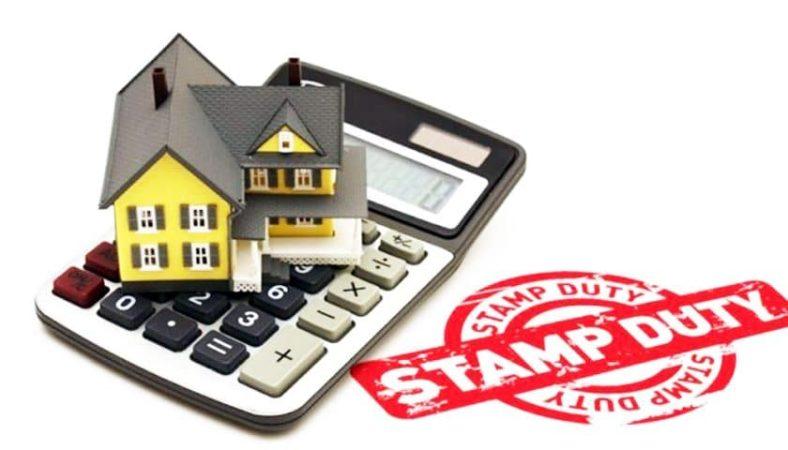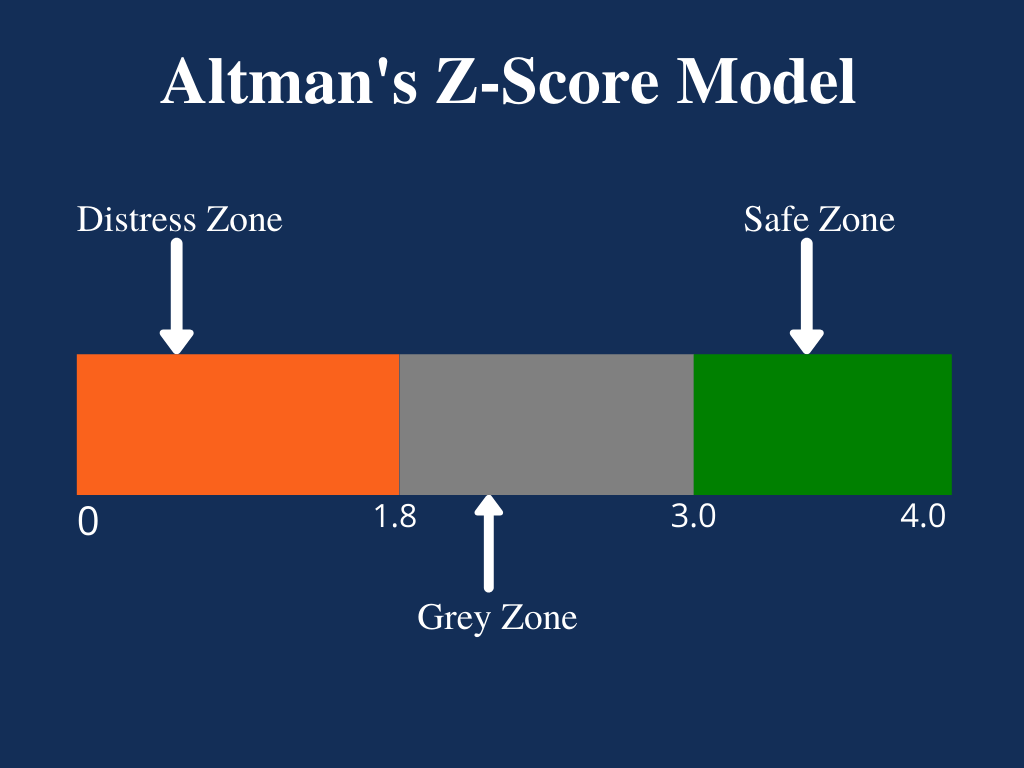
Latest state wise Stamp Duty Rates along with registration charges in all the states in India. including the commercial properties and rental agreement Stamp duty & registration charges are levied by the State Government on property sale or any execution on mutual agreement between a buyer and seller. The rates of registration and stamp duty is very much important for purchaser of the property and the financers, banks or lenders which are financing against the Home loan or Mortgage loan or loan against property.
Individuals planning to purchase a house or interested in taking home loan or mortgage loan from bank must know the registration and stamp duty charges. The stamp duty is calculated on the fair value or sale deed value of the property which ever is higher. The state wise stamp duty, registration charges and rental agreement charges :
Also Check – Why encumbrance certificate is required?
State wise Stamp Duty Rates in India
| List of States | Stamp Duty Charges |
| Andhra Pradesh | 5% of the Sale Deed value |
| Arunachal Pradesh | 6% |
| Assam | 8.25% |
| Bihar | Male to Female – 5.7% Female to Male – 6.3% Other cases – 6% |
| Chhattisgarh | 5% |
| Goa | Upto Rs 50 lakh – 3.5% Rs 50 – Rs 75 lakh – 4% Rs 75 – Rs 1 crore – 4.5% Over Rs 1 crore – 5% |
| Gujarat | 4.9% |
| Haryana | For male – 7% in urban areas For female – 5% in urban areas |
| Himachal Pradesh | 5% |
| Jammu and Kashmir | 5% |
| Jharkhand | 4% |
| Karnataka | Above Rs 45 Lakh – 5% Between Rs 21-45 lakh – 3% Less than Rs 20 lakh – 2% |
| Kerala | 8% |
| Madhya Pradesh | 7.5% |
| Maharashtra | 6% for male 5% for female |
| Manipur | 7% |
| Meghalaya | 9.9% |
| Mizoram | 9% |
| Nagaland | 8.25% |
| Odisha | Foe Male – 5% For Female – 4% |
| Punjab | 7% (Male) 5% (Female) |
| Rajasthan | 5% (Male) 4% (Female) |
| Sikkim | 4% + 1% (in case of Sikkimese origin) 9% + 1% (for others) |
| Tamil Nadu | 7% |
| Telangana | 5% |
| Tripura | 5% |
| Uttar Pradesh | Male – 7% Female – 7%-Rs 10,000 |
| Uttarakhand | Male – 5% Female – 3.75% |
| West Bengal | Upto Rs 1 crore – 6% Above Rs 1 crore – 7% |
NOTE : The charges are as on date and may vary. Pls check it from the concern sub registry office before considering the same.
State wise Stamp Duty on Commercial Property
State | Stamp Duty Rates |
Maharashtra | 5% |
Karnataka | Up to 3% |
Delhi | Up to 6% |
West Bengal | Up to 5% |
Tamil Nadu | 7% |
Telangana | 4% |
Gujarat | 3.5% |
Kerala | 8% |
Uttar Pradesh | 7% |
Stamp Duty on Rental Agreements in India
| Area | Agreement time period | Amount |
| Delhi | Up to 5 years | 2% |
| Noida | Up to 11 months | 2% |
| Karnataka | Up to 11 months | 1% of the total rent plus deposit paid annually or Rs 500, whichever is lower |
| Tamil Nadu | Up to 11 months | 1% of rent + deposit amount |
| Uttar Pradesh | Less than a year | 4% of annual rent + deposit |
| Maharashtra | Up to 60 months | 0.25% of the total rent |
| Gurgaon | Up to 5 years | 1.5% of the average annual rent |
| Gurgaon | 5-10 years | 3% of the average annual rent |
Income Tax Benefit on Stamp Duty & Registration Charges
Section 80C of the Income Tax Act of 1961 allows tax benefit on registration charges and stamp duties. The benefit is extended to joint owners also. The maximum benefit under Income Tax act is up to ₹1,50,000.
Individuals can claim deduction only on new properties. However, there are no tax exemptions on residential plots, resale of property and commercial buildings.
Frequently Asked Questions
1. What is e-stamping and is it valid?
Reply – E-stamp is an online payment of stamp duty payment through digital mode. The stamp duty fees are paid electronically to the concern sub registrar office.
2. Whether Stamp Paper has an expiry date?
Reply – There is no such existing guidelines available. The Indian Stamp Act does dictate anything about expiration date for use of a stamp paper, but it is advisable not to use old stamp paper preferably older than 6 months. You may get the refund of unused stamp paper.
3. Is rent agreement registration compulsory?
Reply – As per existing guidelines, the rent agreements of one year or more, have to be registered. Registration is not mandatory for less than a year agreement but stamp charges will be applicable. The registration of commercial agreement is mandatory.









Leave a Comment